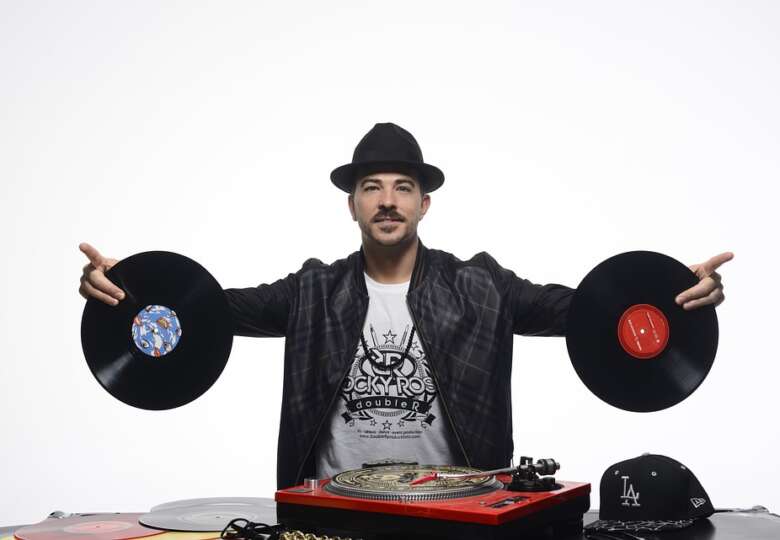[ad_1]
The Intersection of Hip Hop and Politics: How the Genre Shaped Social Activism
Hip hop, a genre born out of the African American and Latinx communities in the 1970s, has long been associated with its catchy beats, rhythmic rhymes, and dynamic dance moves. However, beyond its entertainment value, hip hop has also served as a powerful platform for political expression and social activism. From its early beginnings in the South Bronx to its global influence today, hip hop has played a significant role in shaping and reflecting the political climate of the times.
One of the key elements that distinguishes hip hop from other genres is its ability to convey complex messages through its lyrics. Hip hop artists have often used their music as a means to shed light on social issues, challenge the status quo, and give voice to marginalized communities. In the 1980s, during the height of the crack epidemic and the Reagan era, hip hop emerged as a powerful tool for addressing the social and economic disparities faced by African Americans in inner-city communities.
Artists such as Grandmaster Flash and the Furious Five, Public Enemy, and N.W.A. used their music to criticize the government’s neglect of these communities and shed light on issues such as police brutality, poverty, and systemic racism. Their lyrics served as a call to action, urging listeners to question authority and demand change. Songs like “The Message” by Grandmaster Flash and the Furious Five and “Fight the Power” by Public Enemy became anthems for a generation of activists fighting for social justice.
As hip hop continued to evolve in the 1990s and 2000s, artists like Tupac Shakur, Nas, and Lauryn Hill used their platforms to address a wide range of political issues, including the war on drugs, mass incarceration, and the erosion of civil liberties. Tupac, in particular, was known for his politically charged lyrics and activism. He was vocal about police brutality, poverty, and the struggles faced by Black communities, and his music continues to resonate with activists today.
Hip hop’s influence on politics extends beyond its lyrics. The genre has also played a significant role in mobilizing and organizing communities. Hip hop concerts and festivals have become spaces where activists can come together, exchange ideas, and build solidarity. Artists like Jay-Z, Kendrick Lamar, and J. Cole have used their platforms to not only entertain but also educate and inspire their audiences. They have organized voter registration drives, spoken out against racial injustice
[ad_2]



